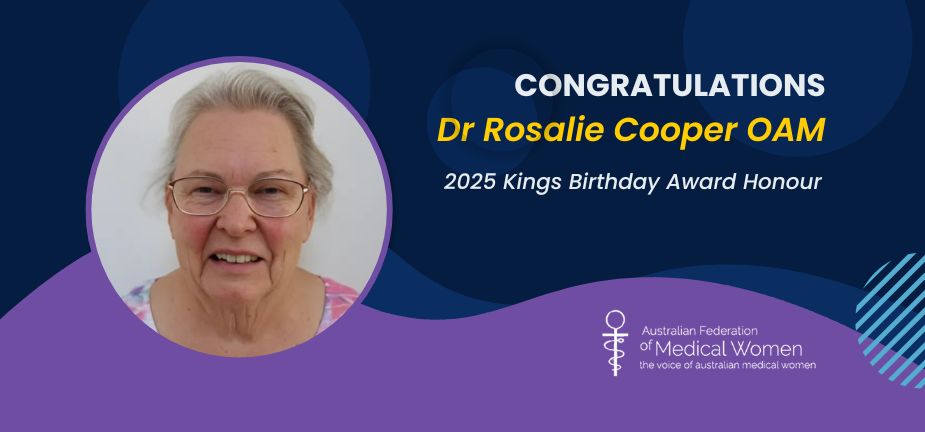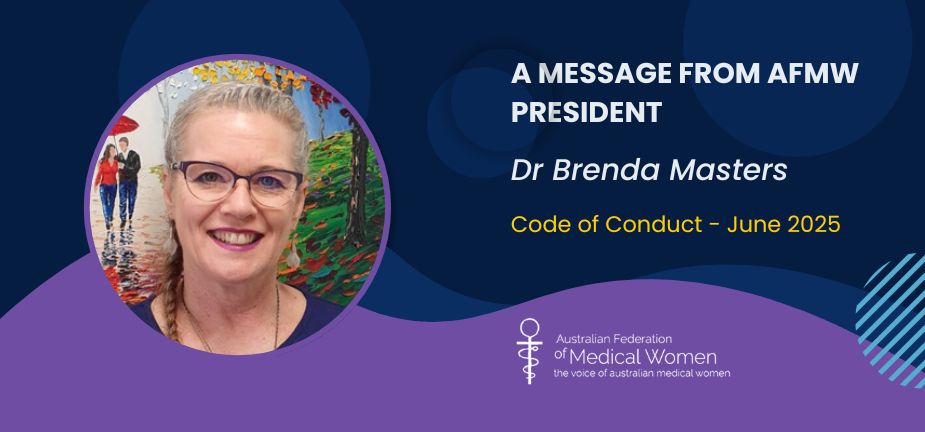Ahead of the Parliamentary roundtable discussion AFMW is participating in on March 7th in Canberra, here is some useful information on Premature Ovarian Insufficiency (POI) from our colleagues at Australasian Menopause Society. Read the AMS newsletter here. Please share.
‘AMS eChanges Volume 2023:02 | 27 February 2023’ [EXTRACT]
Dear AMS Members,
Many AMS members are clinicians who treat women with early or premature menopause or see the consequences of inadequate clinical care.
Early menopause is the loss of ovarian function under the age of 44 and affects up to 12% of women. Premature menopause, also called premature ovarian insufficiency (POI), is the loss of ovarian function under age 40, and is experienced by up to 4% of women globally.(1) Early and premature menopause can be spontaneous or can be caused by medical treatments such as chemotherapy, radiotherapy or surgical removal of the ovaries.
POI should be considered when a woman under 40 presents with oligo/amenorrhoea. Unfortunately, the diagnosis is sometimes delayed as women or their clinicians may not consider POI as a cause of oligo/amenorrhoea, preferring alternative explanations such as post-pill amenorrhoea or polycystic ovarian syndrome. Delayed diagnosis can lead to missed opportunities in fertility, bone health, sexual health, cardiovascular health and psychosocial support for women.
A diagnosis of POI can be unexpected and devastating and appropriate support should be offered. Women need a comprehensive assessment including evaluation for a cause (Figure 1) and for management of both short- and long-term health. Referral to an appropriate specialist is recommended. A suggested approach to the management of women with POI is summarised in this algorithm (Figure 2). For some women loss of fertility is the primary concern.(2) Sexual health and management of genitourinary symptoms should be addressed.
Assessment of bone health is important, along with reducing modifiable risk factors for osteoporosis, and optimising calcium, vitamin D and exercise. Bone densitometry is MBS reimbursed in Australia for women with hypogonadism aged under 45 years. Hormone replacement therapy is recommended for women without contraindications, for maintenance of bone health. Hormone therapy containing at least 2 mg oral estradiol or equivalent is needed to maintain bone density.(3)
Cardiovascular disease risk is elevated in women with POI. Assessment and management of risk factors and promotion of healthy lifestyle is very important. Hormone therapy may reduce risk.(4)
Women with POI need high quality information to guide them. There are now excellent resources available to women with early menopause including Askearlymenopause, a freely available app giving reliable information (Figure 3).
Australian general practitioners are reminded that patients with POI are eligible for Chronic Disease Management Plan item numbers under Medicare. Many women will benefit from a multidisciplinary team approach including allied health practitioners such as exercise physiologists, psychologists, dieticians and physiotherapists.
Clinical Associate Professor Amanda Vincent, a Past President of AMS and a current Board member of the International Menopause Society, leads a research and education program at Monash University. Her team have developed the algorithms reproduced here, and a range of other resources. Amanda is part of an international group updating the 2016 European Society for Human Reproduction and Embryology POI guideline,(4) expected to be ready next year. POI will also be part of the IMS World Congress on Menopause in Melbourne 2024 – so save the date!
Dr Karen Magraith
AMS President
Continue Reading on AMS >>
Associate Professor Magdalena Simonis AM is a Past President of the AFMW (2020-2023), former President of VMWS (2013 & 2017-2020) and current AFMW National Coordinator (2024-2026). She is a full time clinician who also holds positions on several not for profit organisations, driven by her passion for bridging gaps across the health sector. She is a leading women’s health expert, keynote speaker, climate change and gender equity advocate and government advisor. Magda is member of The Australian Health Team contributing monthly articles.
Magdalena was awarded a lifetime membership of the RACGP for her contributions which include past chair of Women in General Practice, longstanding contribution to the RACGP Expert Committee Quality Care, the RACGP eHealth Expert Committee. She is regularly invited to comment on primary care research though mainstream and medical media and contributes articles on various health issues through newsGP and other publications.
Magdalena has represented the RACGP at senate enquiries and has worked on several National Health Framework reviews. She is author of the RACGP Guide on Female Genital Cosmetic Surgery and co-reviewer of the RACGP Red Book Women’s Health Chapter, and reviewer of the RACGP White book
Both an RACGP examiner and University examiner, she undertakes general practice research and is a GP Educator with the Safer Families Centre of Research Excellence, which develops education tools to assist the primary care sector identify, respond to and manage family violence . Roles outside of RACGP include the Strategy and Policy Committee for Breast Cancer Network Australia, Board Director of the Melbourne University Teaching Health Clinics and the elected GP representative to the AMA Federal Council. In 2022. she was award the AMA (Vic) Patrick Pritzwald-Steggman Award 2022, which celebrates a doctor who has made an exceptional contribution to the wellbeing of their colleagues and the community and was listed as Women’s Agenda 2022 finalist for Emerging Leader in Health.
Magdalena has presented at the United Nations as part of the Australian Assembly and was appointed the Australian representative to the World Health Organisation, World Assembly on COVID 19, by the Medical Women’s International Association (MWIA) in 2021. In 2023, A/Professor Simonis was included on the King’s COVID-19 Champion’s list and was also awarded a Member (AM) in the General Division for significant service to medicine through a range of roles and to women’s health.










